
You wake up in the morning, stand at your bathroom sink and put soap on your hands, only to start noticing a rotten egg smell. The longer you stay in the bathroom, the more it wafts up into your nose.
The smell of sewer, sulfur or rotten eggs is simply unbearable. So, if you want to get rid of this smell, have a look below!
Is It a New Construction House?
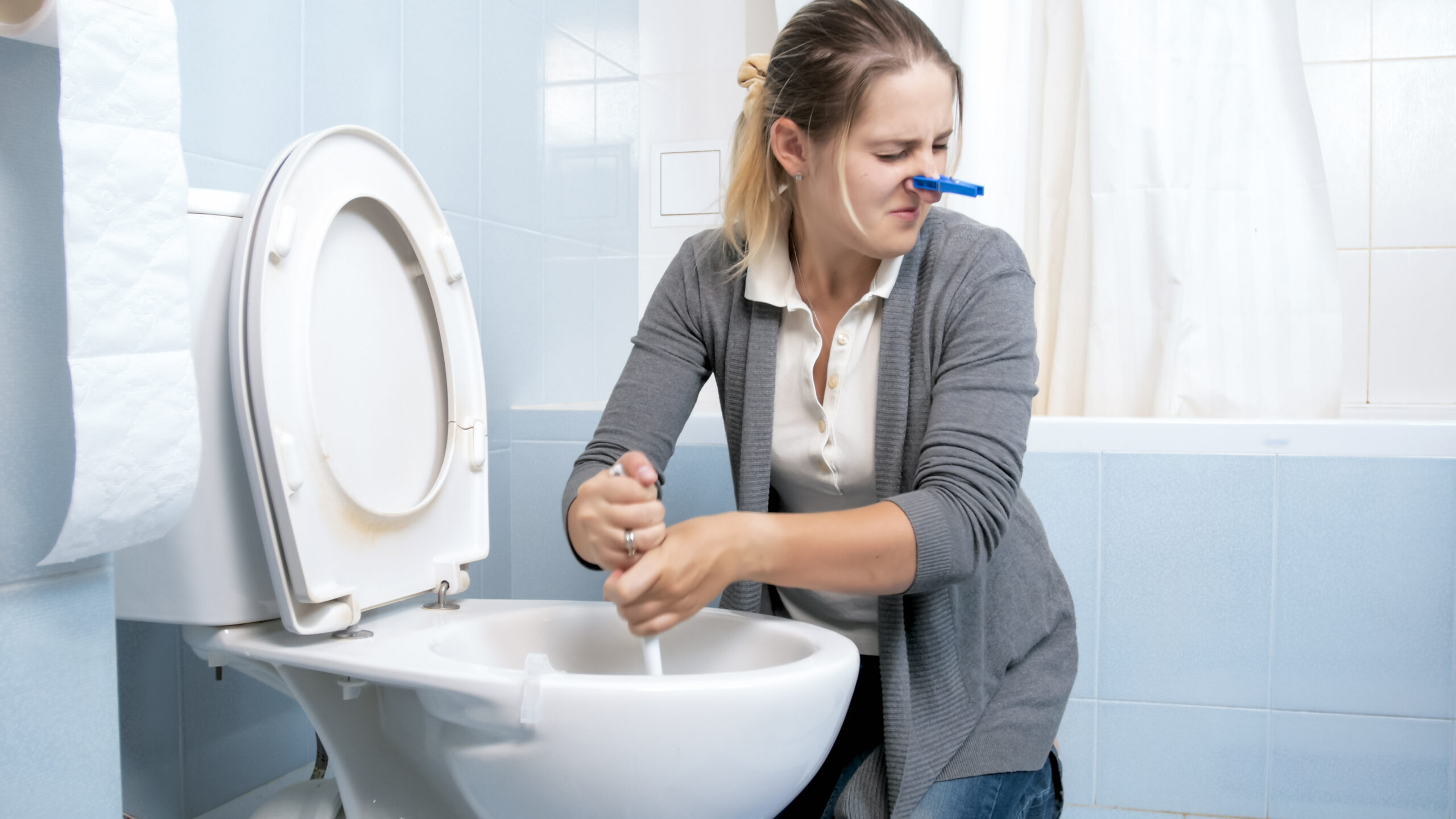 The construction of a new home and the start of a new chapter are usually filled with feelings of happiness and excitement as you are confident that your new house will present fewer problems to deal with. When people have their custom houses crafted as they desire, they believe that new construction properties won’t have as many problems as existing houses. Wrong!
The construction of a new home and the start of a new chapter are usually filled with feelings of happiness and excitement as you are confident that your new house will present fewer problems to deal with. When people have their custom houses crafted as they desire, they believe that new construction properties won’t have as many problems as existing houses. Wrong!
While every nook and cranny of an old house can spark trouble, new houses also come with a certain degree of uncertainty. Newly built houses, for example, can have faults and defects like cracks and gaps in decks and patios, incorrectly applied siding, cracks in drywall, nail pops, poorly fitted loft insulation and poorly fitted windows and doors.
Therefore, you never know when plumbing problems can strike in a new house. Owners of new houses are particularly susceptible to plumbing issues because they often overlook the importance of devoting time to inspect their new house and its new plumbing system.
Usually, when a house is built, it must be plumbed according to the plumbing code of the state or country. For example, every water and drain pipe should be tested by a professional and then inspected by a local plumbing inspector. The rest of your house and its plumbing system will only be built if you pass the inspection phase.
In a house, water should run through every plumbing fixture and you will need sinks, toilets and a water heater. So, once a plumber installs the trim (for the toilets, sinks and water heater, it should be tested for drain or water leaks. Again, once the plumbing trim has been installed, it would then be inspected by a local plumbing inspector. Only then will the rest of your house be completed.
So, if you haven’t skipped any important stage, there shouldn’t be any plumbing issues in your house. However, if your new bathroom smells like sewer or rotten eggs, then you might need to call the plumber who is responsible for the overall plumbing system of your house and ask him to fix the problem.
Find the Source of the Smell
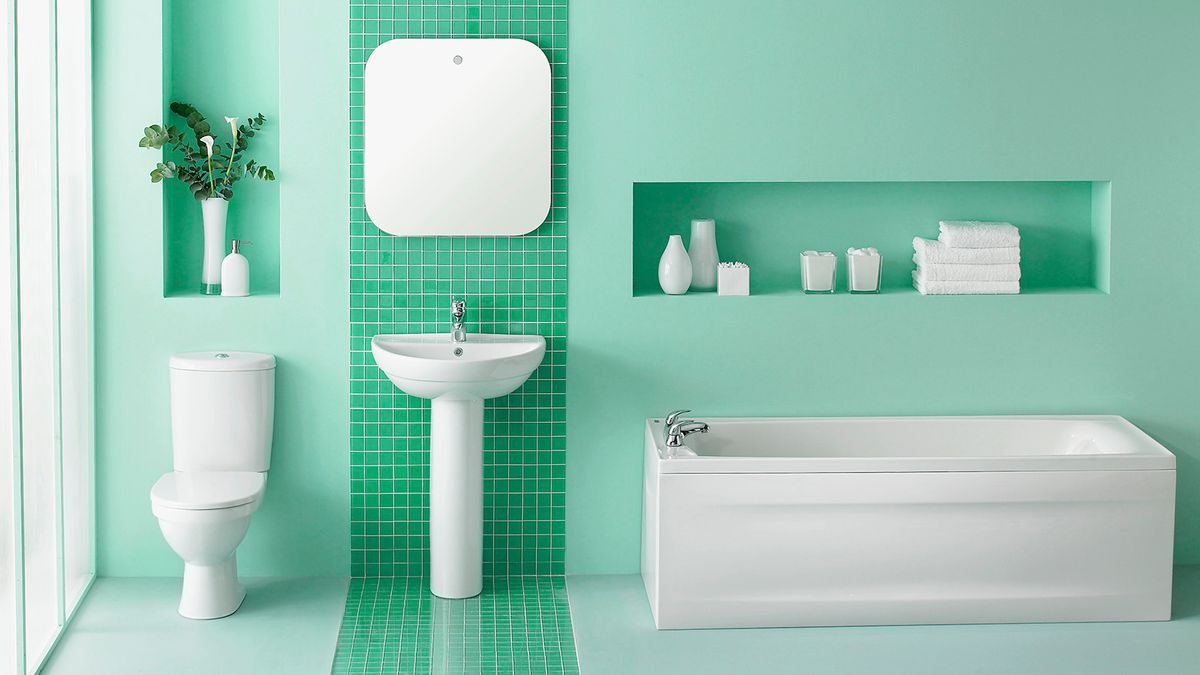
It can be troublesome to stay in the foul-smelling bathroom and determine the exact location of that horrible smell. Luckily there is a test you can do to figure that out. So, fill a glass of water from the tap you believe the smell is coming from and take it outside to smell. Then, do the same thing with another glass of water from another room in the house. If both glasses of water smell the same, then contaminated water is the reason behind that foul-smelling odor. However, if they smell different, then the problem lies with the drain.
Another similar test includes testing both the hot and cold water. If the odor is present in both water samples, there is a high possibility that your water supply is contaminated. But, if the smell only comes with the hot water, you have a faulty water heater on your hands.
How to Fix It?
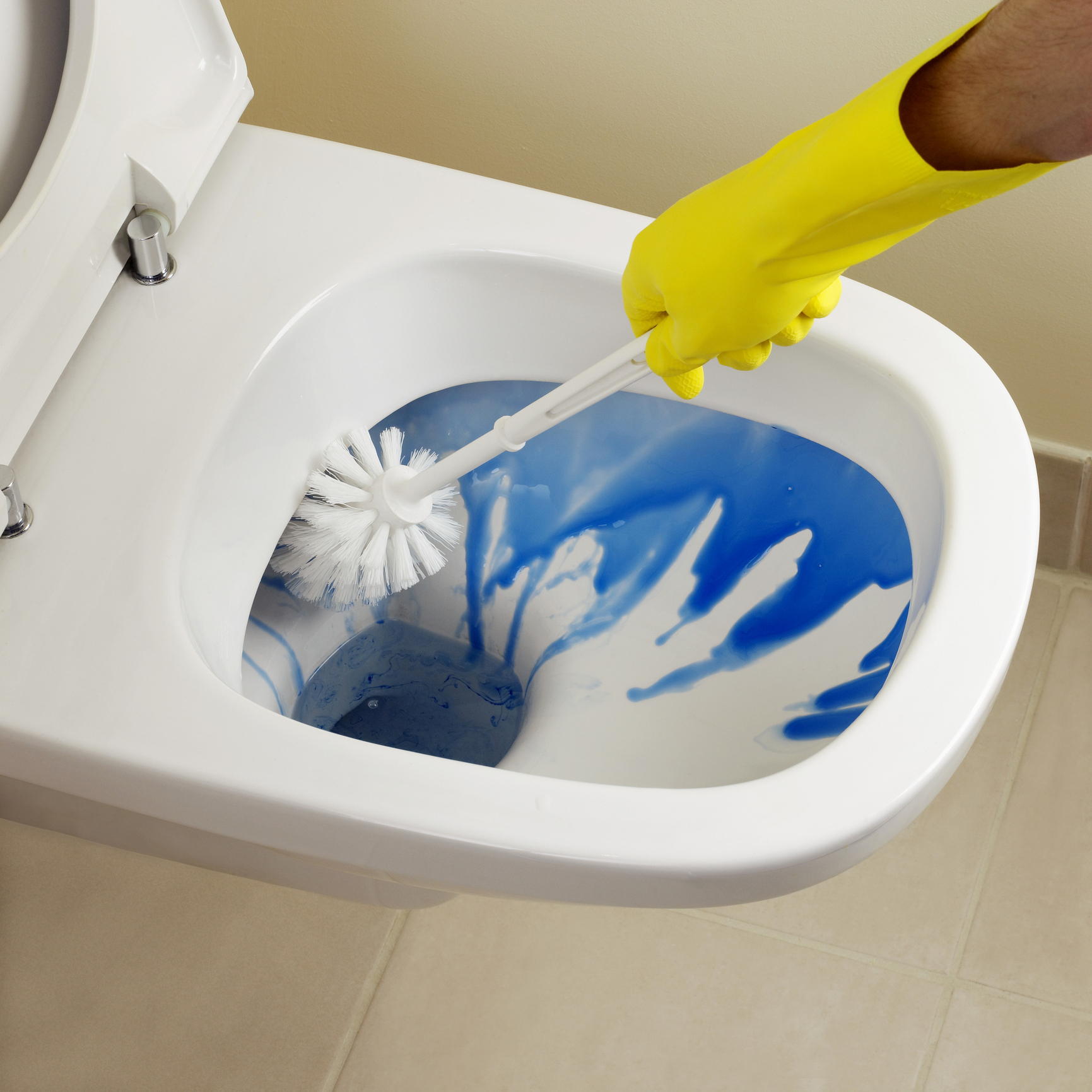 If your water heater is the cause of the rotten egg smell, you will have to replace the anode rod that’s reacting with bacteria and causing this terrible odor. To find out more about how to repair this specific issue, click here!
If your water heater is the cause of the rotten egg smell, you will have to replace the anode rod that’s reacting with bacteria and causing this terrible odor. To find out more about how to repair this specific issue, click here!
A common source of sewage smell in the bathroom is a smelly and clogged drain. Instead of relying on a plumber, you can try this easy and simple DIY solution.
Another common cause of a rotten egg smell is a dry P-trap. This plumbing issue can be easy or difficult to fix, depending on the reason why the P-trap is dry. Click here to learn more!


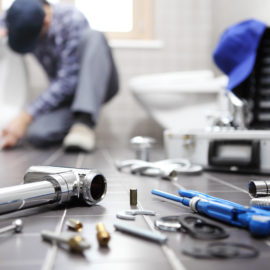
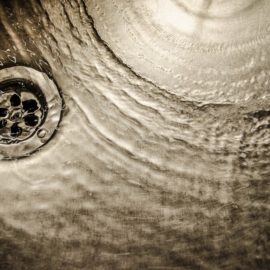
Pingback:Why Does My Water Smell and Taste Funny? - Plumbers services